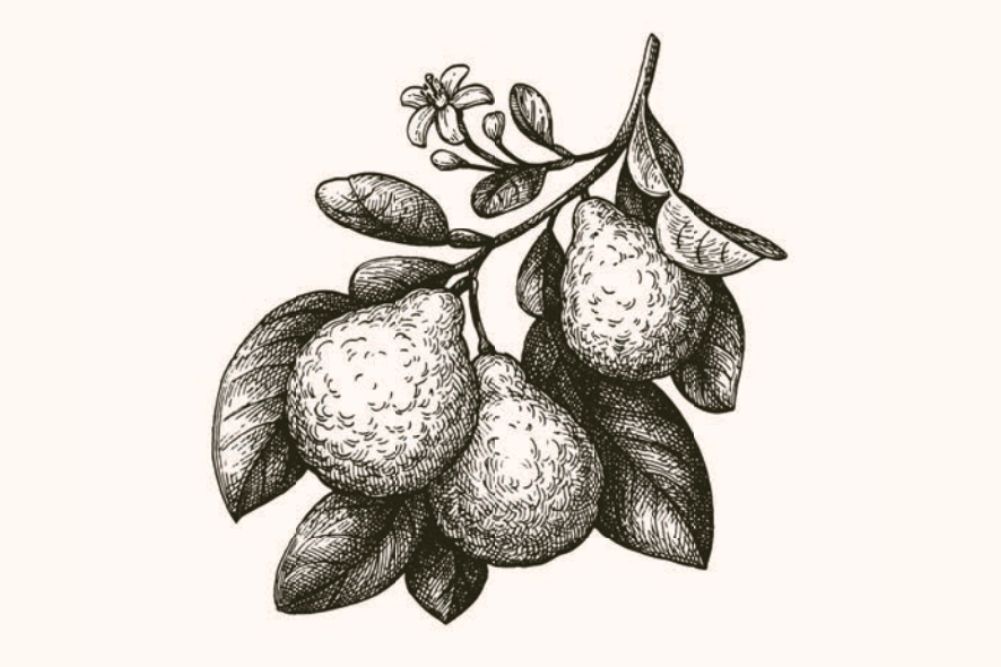Why protein is important for your health
Protein is important in your diet. It is the basis of healthy cells, strong muscles, good performance and builds up the body. The balance of protein and carbohydrates is also important because, if this is not in balance, over time you will become unhealthy. Too much or too little protein can make you ill.
So what is the balance we need? Often young teenagers overdose on protein especially when they are trying to build muscle. They may also overtrain at the gym. The opposite is also not good, as in not enough exercise or protein. In my clinic, I see both extremes. Either people are overdoing the protein and exercise, which leads to messing up their hormone levels, or they do the opposite in an effort to lose weight and don’t eat enough protein. Many people in an effort to diet don’t eat enough food. This slows down their metabolism and they don’t lose weight. It is important to realise that different blood types and different nationalities have different predispositions in their genes so their body can react in different ways to different foods. There is no ‘normal’ when it comes to what a healthy diet is and many factors need to be taken into consideration. Essentially, what is important is a balance of protein and carbohydrates. Carbohydrates are just as important when it comes to losing weight and burning fat.
Either people are overdoing the protein and exercise, which leads to messing up their hormone levels, or they do the opposite in an effort to lose weight.
I often come across people who do not pay attention to their diet enough and don’t eat enough protein foods. The effect of this on women (and women tend to do this more than men I find) is that it messes up their hormone levels. This in turn affects their iron levels and slows down their metabolism, so they don’t lose weight even though they hardly seem to eat anything and do still work out at the gym. It is important to have at least one serving of protein daily – that’s about the size of your hand if it’s meat or about the size of a fist if it’s vegetable protein. So if you are not having meat or fish you can have beans, nuts, lentils and soy foods. Be careful of the soy, though, because some soy products unfortunately have been genetically modified. Fish and white meats are better than high-fat meats. Also remember that dairy products contain protein but they are not really good for you. Dairy clogs up your sinuses and many people are lactose intolerant these days so it makes them ill.
Low-fat protein is quite easy to include in your diet with a mix of carbohydrates, which speeds up the manufacture of glycogen (the carbohydrate stored in muscles that supplies energy) and also increases the hormones that we need for muscle growth and repair.
However, you also need to remember that too much protein in your diet will put a strain on your adrenals and kidneys, so you should not go on high-protein diets for too long. If there are problems in your family with kidneys, then it is best to steer clear of too much protein and high calcium foods.
The best thing to do is have a balance in your diet that suits your body and medical conditions and, to do that, it is a good idea to visit a practitioner who will design an eating plan specifically to suit your needs.








